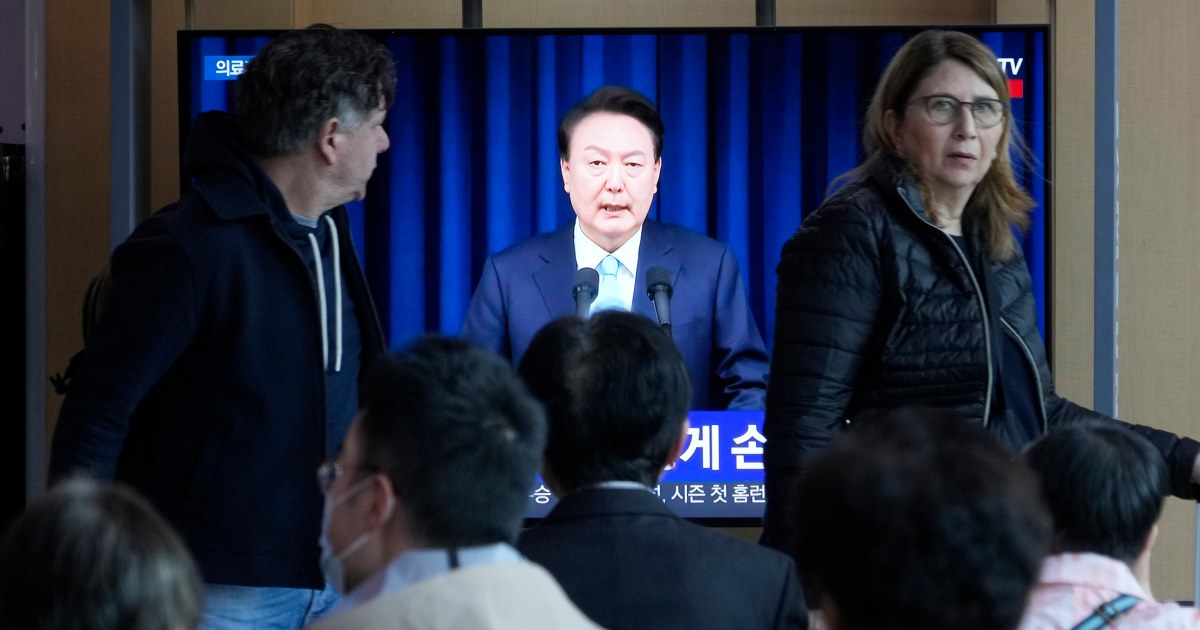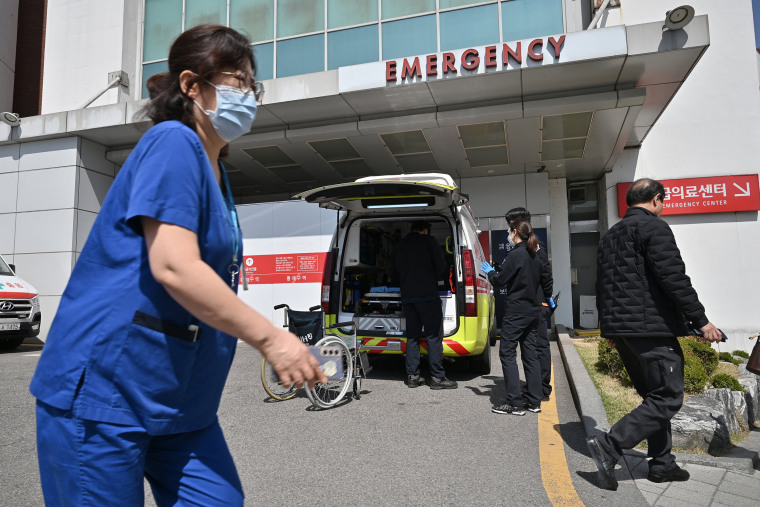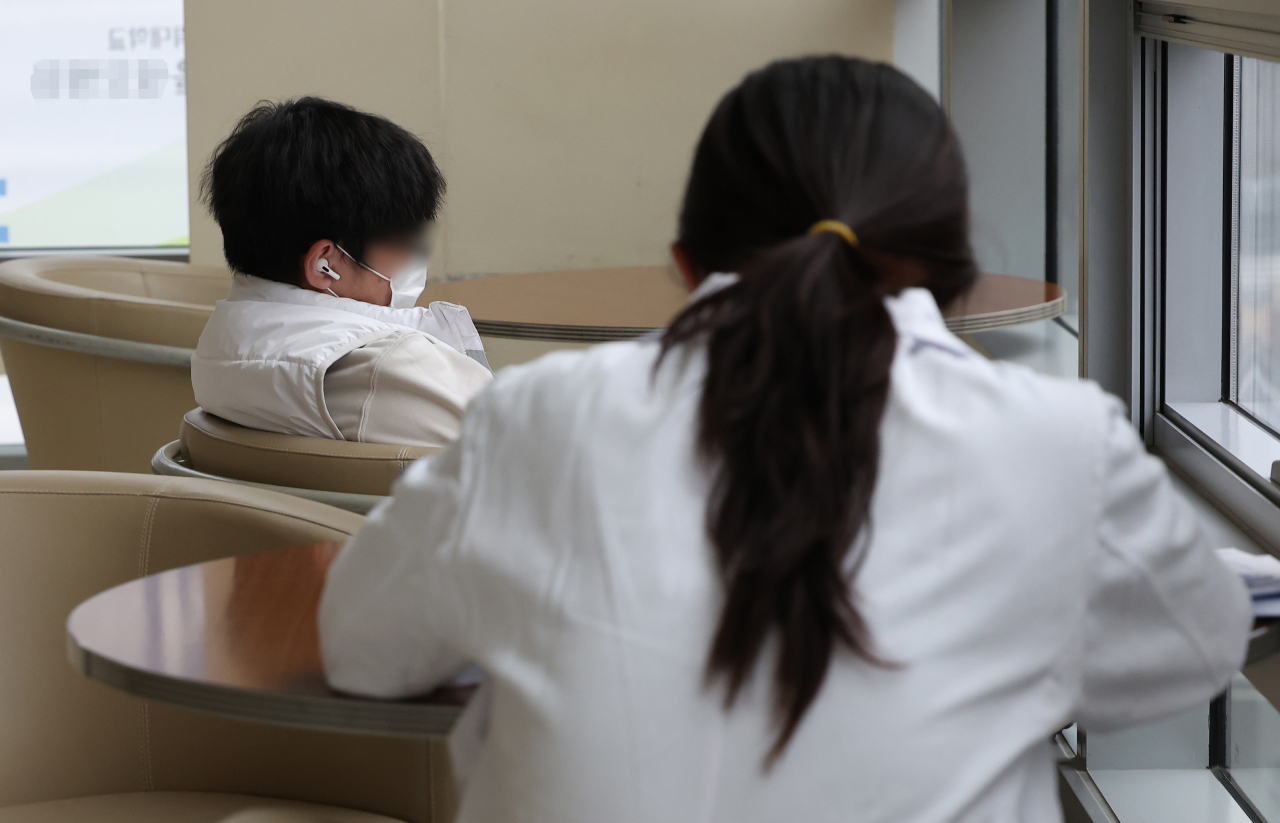
South Korea's President Yoon Suk-yeol has vowed not to back down in the face of doctors strike. The government wants to raise the yearly medical school cap by 2,000 from the current 3,058 to create more doctors. However, about 12,000 medical interns and residents have been on strike for six weeks causing hundreds of canceled surgeries and other treatments at university hospitals. The government officials say that this will eventually hurt the country's medical services as it would be difficult to find enough qualified doctors to treat patients. However, critics argue that Yoon is simply worried about future incomes as supply of more doctors may result in lower earnings for them.


